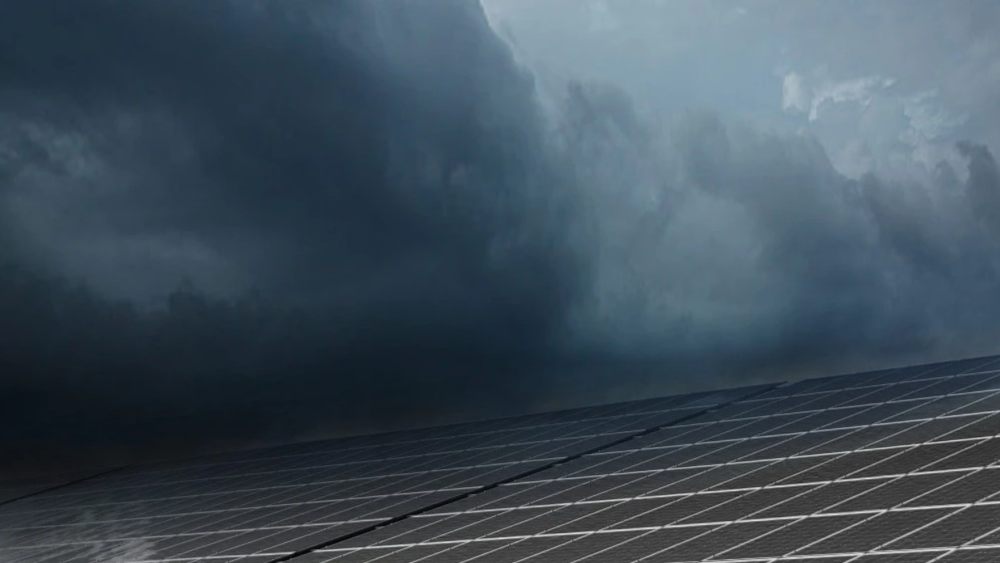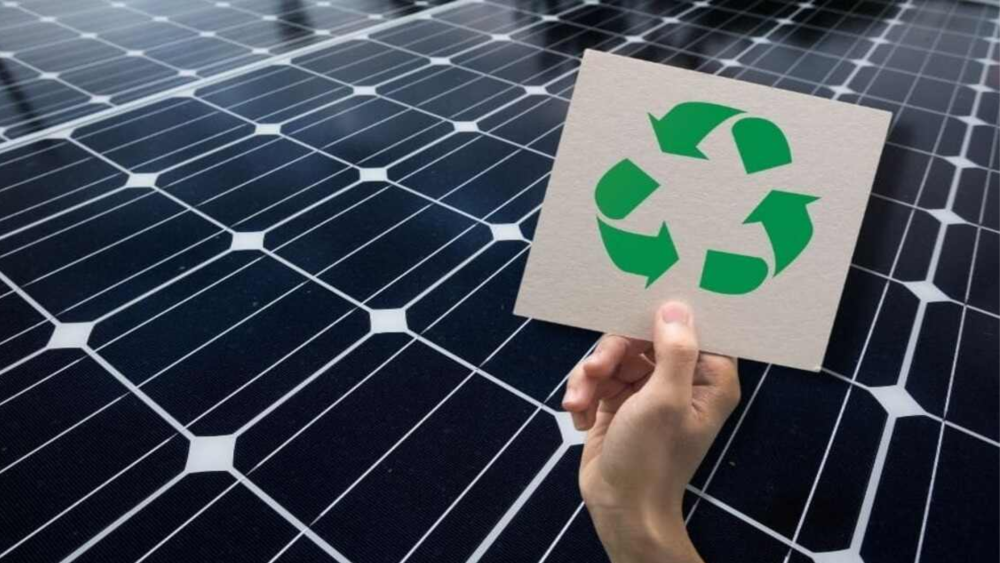How to Effectively Compare Solar Quotes and Make the Best Decision
Written on . Posted in Solar quotes.

Try our solar cost and savings calculator
Introduction
Deciding to go solar is a significant investment, and one of the most important steps in the process is comparing solar quotes from different providers. With various options available, understanding what to look for in a solar quote can help you make the most informed decision. In this guide, we’ll walk you through the key elements to consider when comparing solar quotes, ensuring you get the best value for your money.
1. Understand the Components of a Solar Quote
Before you can compare solar quotes, it’s essential to know what each quote should include. A comprehensive solar quote typically contains:
- System Size (kW): The total power capacity of the solar system, measured in kilowatts (kW). This dictates how much electricity your system can produce.
- Total Cost: The overall cost of the solar installation, including equipment, labor, permits, and any additional fees.
- Equipment Details: The specific solar panels, inverters, and other components included in the installation, along with their brands and models.
- Warranty Information: Details about warranties for both the solar panels and the installation work. Warranties can vary widely between providers, so it’s crucial to compare these carefully.
- Estimated Savings: Projections of how much you’ll save on your energy bills over time, often based on current electricity rates and your energy usage patterns.
- Financing Options: Information on available financing options, including loans, leases, or power purchase agreements (PPAs).
2. Compare System Size and Energy Production
The size of the solar system and its energy production capacity are critical factors. When comparing quotes, ensure that the system sizes are similar or that any differences are justified. Look at the estimated annual energy production (measured in kilowatt-hours or kWh) and compare it with your current energy usage to see if the system will meet your needs.

3. Evaluate the Quality of Equipment
Not all solar panels and inverters are created equal. Research the brands and models included in each quote to understand their efficiency, durability, and performance. Higher-quality equipment may come with a higher upfront cost but can offer better long-term savings and reliability.
4. Analyze the Warranties Offered
Warranties are an essential aspect of your solar investment. Compare the warranties provided for both the equipment (typically 25 years for panels) and the installation work. Look for comprehensive warranties that cover performance, product, and labor to ensure you’re protected against potential issues.
5. Consider the Total Cost and Financing Options
While the total cost of the solar system is a significant factor, it’s not the only one. Compare the pricing structures, including any potential hidden fees or additional costs. Additionally, explore the financing options each provider offers. A lower upfront cost might seem appealing, but be sure to consider long-term payments and interest rates if financing is involved.
6. Check the Installer’s Reputation and Experience
The experience and reputation of the installer play a significant role in the quality of your solar installation. Research customer reviews, check for industry certifications, and ask for references. A reputable installer with a solid track record is more likely to provide reliable service and support throughout the life of your system.
7. Evaluate the Estimated Savings
Each quote should include an estimate of how much you’ll save on your energy bills over time. These estimates are typically based on factors like local electricity rates, system size, and your home’s energy usage. Compare these projections to ensure they are realistic and aligned with your expectations.
Conclusion
Comparing solar quotes can be overwhelming, but by breaking down the components and analyzing them systematically, you can make an informed decision. Take your time to review each quote carefully, considering not just the cost but also the quality of the equipment, warranties, and the installer’s reputation. With the right approach, you’ll find the best solar solution for your home, leading to long-term savings and a positive environmental impact.
Try our solar cost and savings calculator




